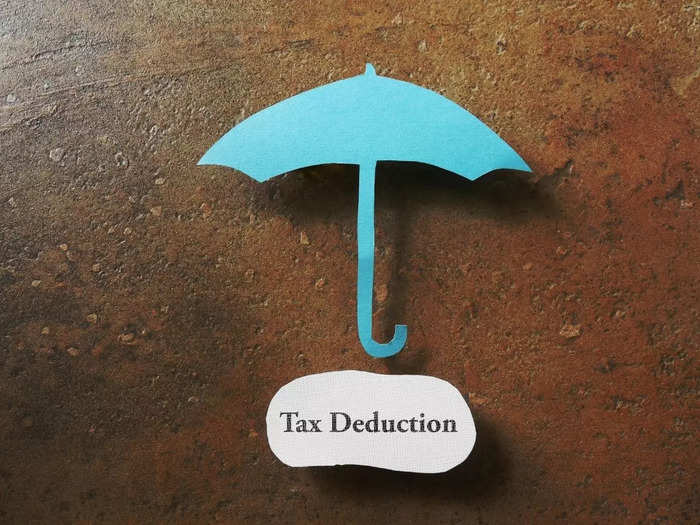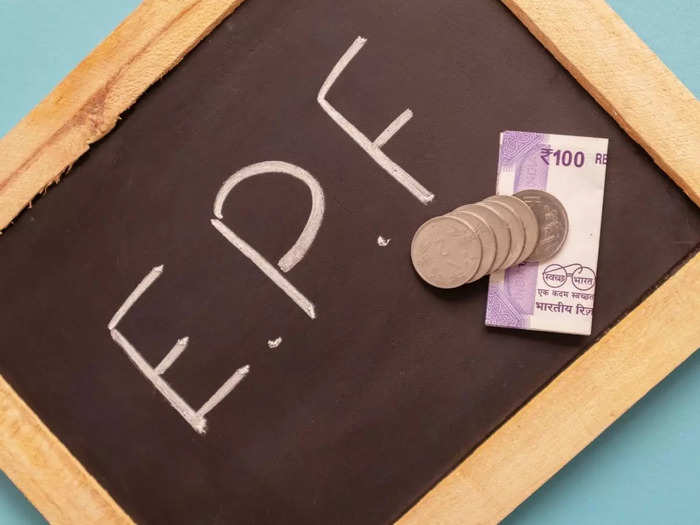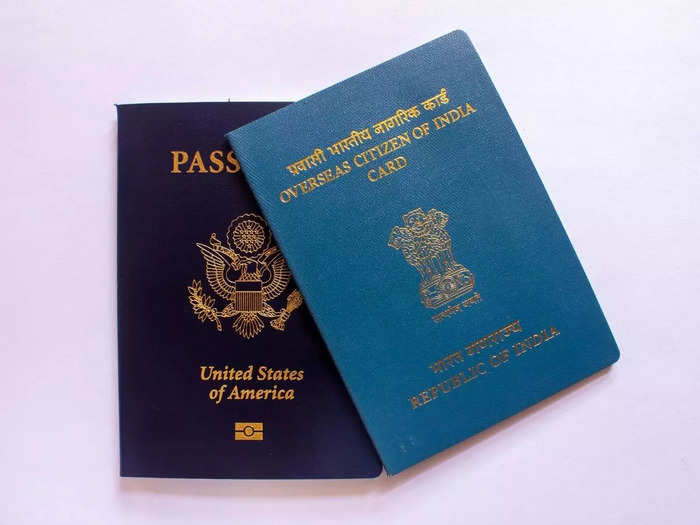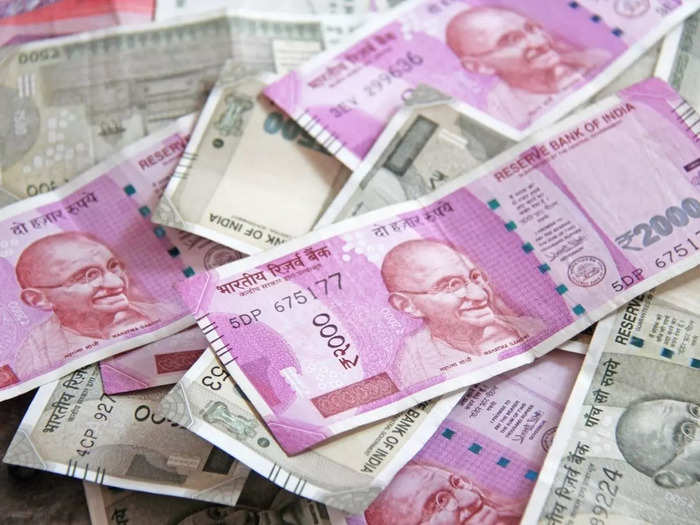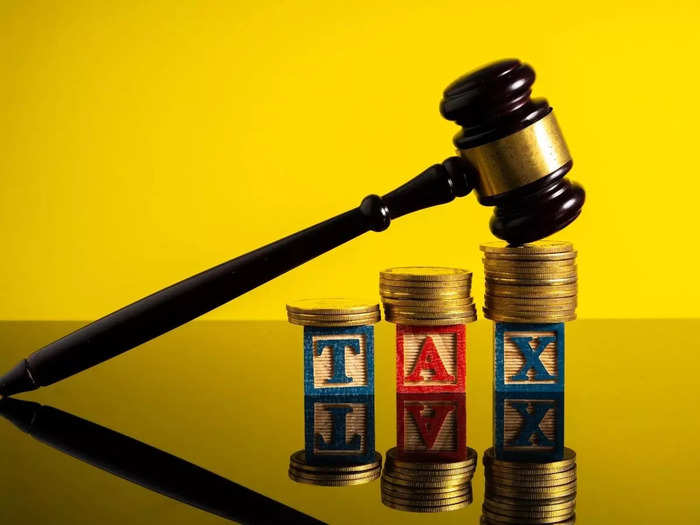Here's what tax experts want from Budget 2022. Canva
It’s Budget 2022 time, and when it comes to money matters, now is the time to make wishlists.
The post-pandemic world has seen the middle class run from pillar to post for almost everything, from ensuring they are healthy to setting up a work environment at home and making sure their children are able to attend their schools online.
In these times, the pressure on the wallet has only increased. While those who earn a salary have been under pressure, the ones who run small businesses – like the
kirana stores (mom and pop outlets) – have been very adversely impacted too.
Making matters worse, inflation is currently at a 5-month high and it could become a pain point for the Indian economy. The consumer sentiment is still below pre-Covid levels, according to a
survey by Centre for Monitoring Indian Economy.
With the Union Budget 2022 just around the corner, Business Insider India spoke to tax experts from KPMG India, Aakanksha Goel, Direct Tax Partner, T R Chadha & Co LLP, and Abhishek Saxena, Partner, Phoenix Legal, to understand what are the income tax expectations from the government this year.
Budget 2022: Income Tax wishlist
1. Taxability of Covid-19 vaccination and treatment related expenditure borne by employer
Unsplash
Employees have received Covid-19 related assistance from their employers in cash and kind. While there is clarity in respect of relief for cash assistance, it is not the case with respect to assistance received in kind. Such cost should be abundantly clarified to be non-taxable in the hands of employees.
2. Separate deduction for Covid-19 treatment
Unsplash
Currently, there is no specific deduction which covers treatment cost for Covid-19 patients who are not covered under any health insurance. A separate deduction capped up to ₹1,00,000 or actual treatment cost incurred by the taxpayer for self or family, whichever is lower, may be considered to be introduced.
3. Taxability of ‘Work from Home’ expenses
Unsplash
Some tax relief specific to the work from home scenario may be provided to an individual taxpayer and their employers. Alternatively, a deduction of up to ₹50,000 may be provided to employees from their total income for expenses incurred while working from home.
4. Realignment of income slabs/ tax rates
Unsplash
For individual taxpayers below 60 years of age the income tax exemption limit is ₹2.5 lakh p.a. This limit has remained unchanged from Financial Year (‘FY’) 2014-15.
The basic exemption limit under the existing tax regime can be enhanced to ₹5 lakhs itself.
5. Increase in standard deduction for salaried persons
Unsplash
For salaried individuals, medical reimbursement and travel allowance exemption were done away with from FY 2018-19 in lieu of standard deduction.
To keep pace with the ever-rising medical cost (amplified due to Pandemic) and the fuel cost, the standard deduction should be increased from existing ₹50,000 to ₹1,00,000 p.a.
Further, the benefit of standard deduction should also be available to taxpayers opting for taxation under the new optional regime as well.
6. Extension of Leave Travel Concession (LTC) Cash Voucher Scheme
Unsplash
The LTC Cash voucher scheme was announced by the Finance Minister in October 2020 to boost consumer demand. On account of the recent spike in Covid-19 cases and the resultant restrictions imposed by various State Governments it is likely that the individuals may not be able to undertake travel.
Therefore, the scheme should be extended for two more years i.e., till 31 March 2023 to enable employees to avail the scheme.
7. Increase Section 80C limit to ₹3 lakh p.a.
Canva
The limit of ₹1.5 lakh in respect of deduction under Section 80C of the Income-tax Act, 1961 has remained constant for almost half a decade now. To encourage individuals to spend on expenses like school fees, housing etc. the Government may consider increasing this to ₹3 lakh p.a.
8. Enhancing relief for Senior Citizens
Canva
The government could consider enhancing some of the tax breaks available to senior citizens, including increasing the exemption limit on such interest income to at least ₹1 lakh p.a. from the existing ₹50,000 p.a.
9. Taxability of interest earned on excess employee provident fund contribution
Canva
The Finance Act 2021 made the interest earned on employee’s contributions to Provident Fund (PF) account in excess of ₹2.5 lakh per annum (₹5 lakh per annum where employer contribution is not being made) taxable in the hands of an employee.
A clarification is warranted to be issued on the taxability of the interest (already taxed as above), at the time of withdrawal, which would result in double taxation.
Suitable amendments should be made in the relevant schedule under the Act which deals with taxability of these PF funds to alleviate possible double taxation.
10. Clarity on tax breaks for under-construction properties
Canva
A home buyer can claim an exemption for long-term capital gains if (s)he invests the capital gains or sale proceeds of one property or other long-term asset to buy or construct another property within specified timelines.
However, such an exemption is not available if the construction is completed after three years.
This condition potentially penalises a home buyer for reasons beyond their control as there could be delay in construction for varied reasons, including Covid-19 lockdowns and restrictions.
It may therefore be considered to extend this period to 5 years or provide for exemption even in case construction is completed beyond 3 years, as also held in various judicial precedents.
11. Separate tax break for children education
Canva
Separate deduction of ₹1,50,000 p.a. at the minimum may be considered for meeting education expenses, carving it out of Section 80C.
12. Definition of visit for Non-Resident Indians (NRIs)
Canva
During the pandemic, many individuals got stranded in India due to prolonged stay on account of suspension of international flights, whilst taking care of ailing family members, any other health related reasons etc.
Hence, the definition of ‘visit’ has assumed more importance for NRIs who travelled to India for a limited period of stay pre or during Covid-19 pandemic but could not travel back to an overseas country due to aforesaid reasons.
Incorporation of a proviso or an explanation in Section 6, with either an inclusive or an exhaustive definition of the term ‘visit’ is imperative.
13. Grant of DTAA relief on TDS on salary
Canva
Section 192 of the Act provides for tax deduction at source on taxable salary by the employer. However, it does not explicitly provide claiming Double Taxation Avoidance Agreement (‘DTAA’) benefit while calculating Tax Deducted at Source (‘TDS’) in case of individuals.
Since the current provisions do not provide for relief under DTAA at the withholding stage, higher tax is deposited, which is claimed as refund at the tax return stage. Section 192 should be amended to expressly provide that while computing TDS at the time of payment of salary, benefit under DTAA should be provided.
14. Making new tax regime more beneficial than it currently is
Canva
- Adjusting the tax slabs to increase limits for lower rates of tax;
- Reducing the tax rates applicable on individuals;
- Enhance the rebate available under the provisions of section 87A of the Income-tax Act, 1961.
The government may also like to revisit the deduction under Section 80D available to the individuals in respect of payment of medical premium as the current deduction limit is not justifiable in the present situation of medical emergency and rising premiums thereof.
Also, during the pandemic, many employers have extended support to their employees by advancing interest free loans. Notional interest on such loan is taxable as perquisite in the hands of employees as per section 17(2) of the Income Tax Act. Such notional interest should be considered to be kept out of the ambit of perquisites.
Moreover, instead of two regimes with different tax rates and benefits, one comprehensive regime with more tax benefits in terms of exemptions and deductions would be much appreciated and welcomed by the individual taxpayers.
15. Deduction for Covid-19 donation and charitable help up to ₹50,000
Canva
Lastly, there have been many good Samaritans who have stepped up to offer Covid-19 related assistance to those in need. To encourage this, the government should consider offering a deduction of up to ₹50,000.







